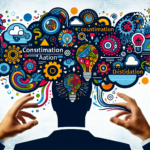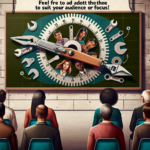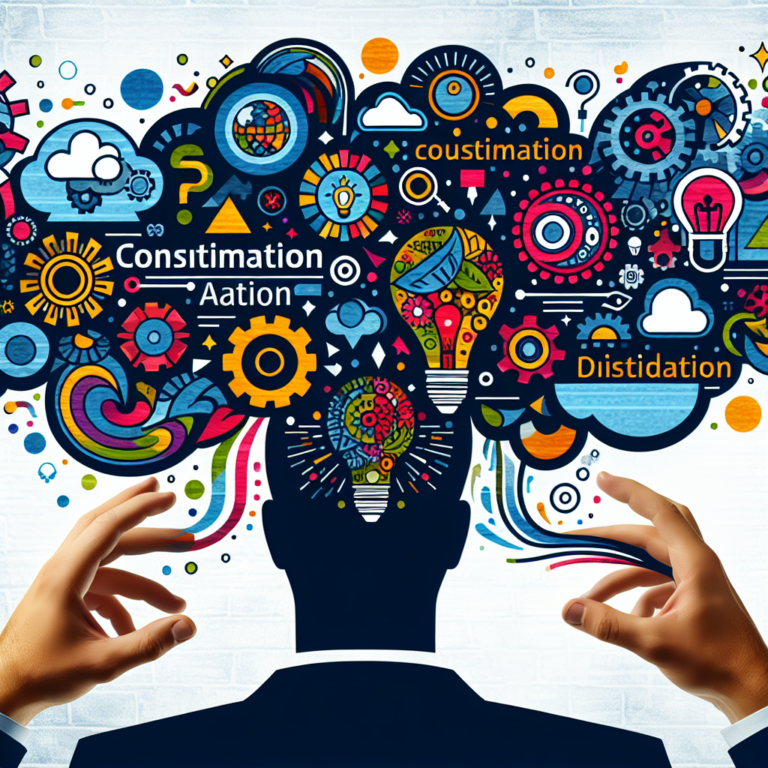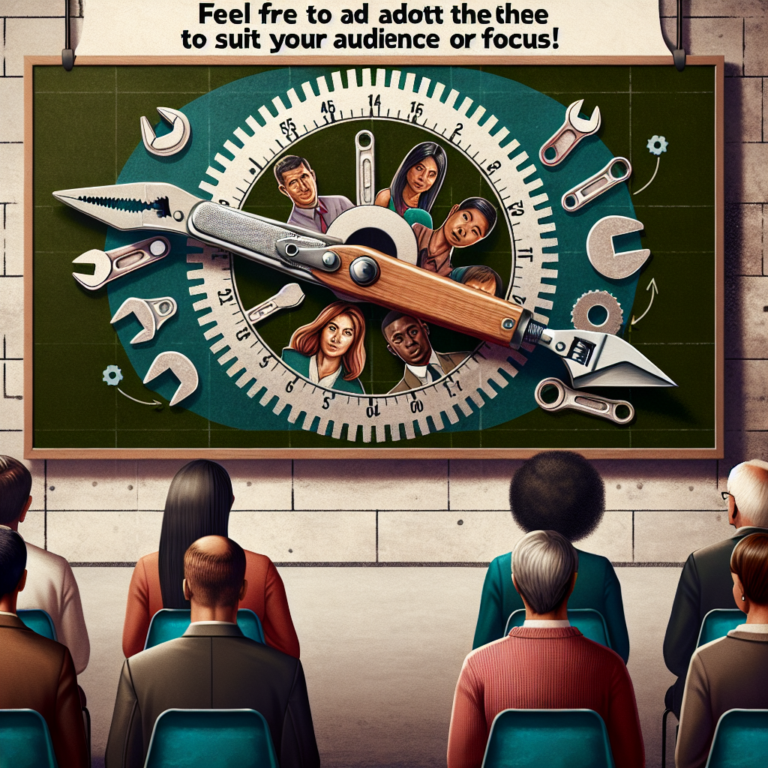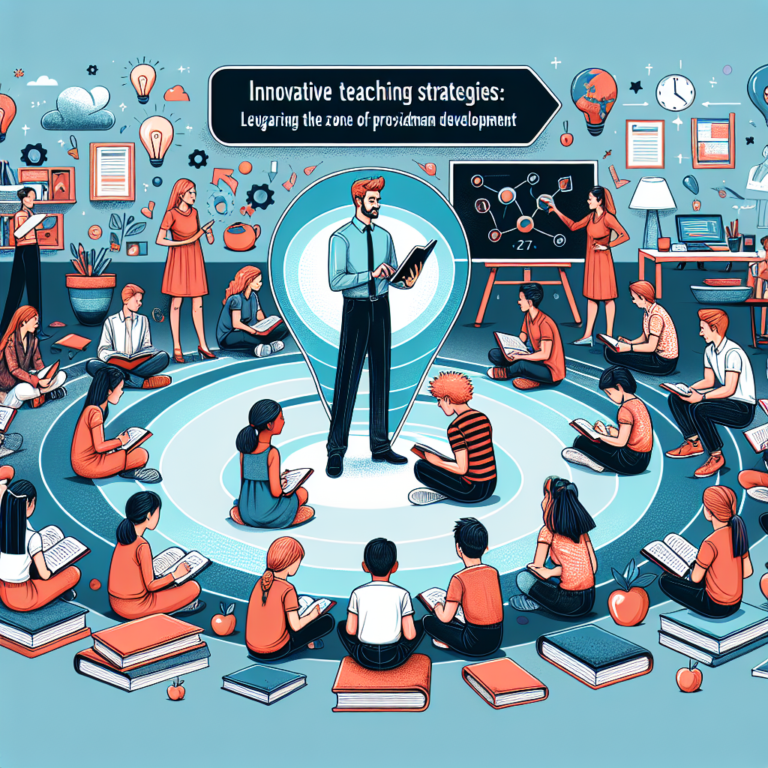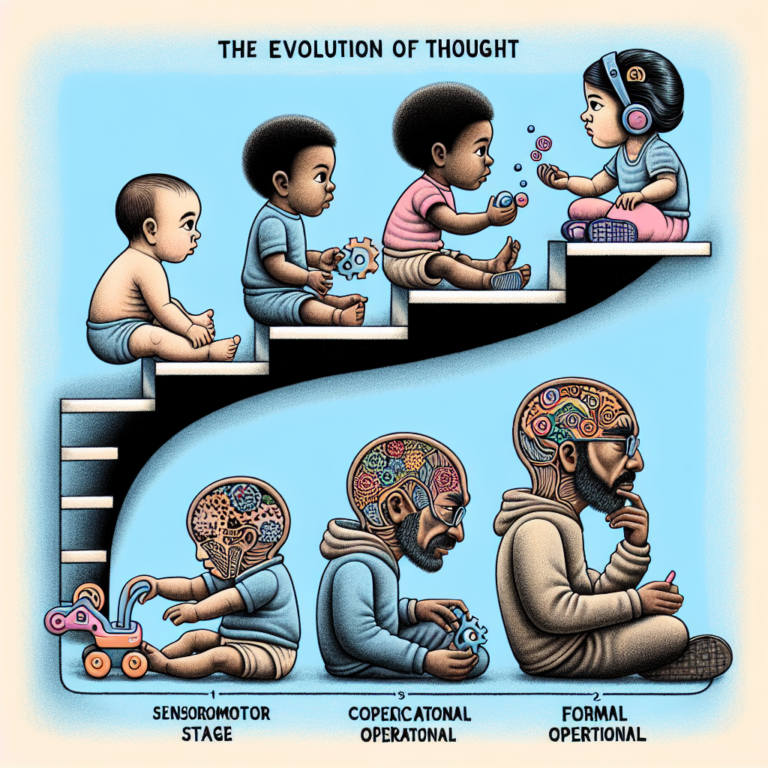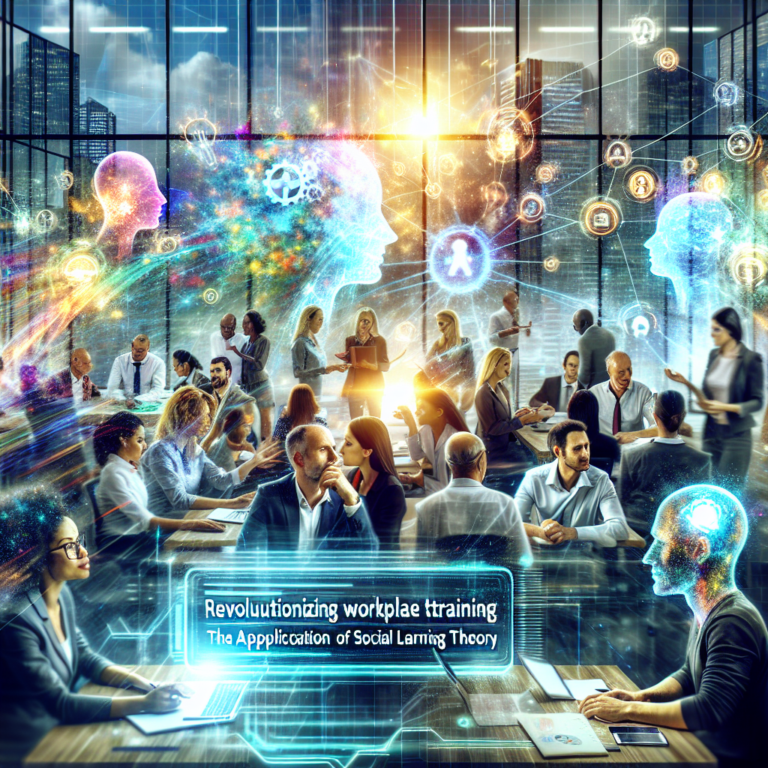
Introduction
In today’s fast-paced world, the traditional education system often falls short of meeting individual learning needs. Enter self-regulated learning (SRL), a transformative approach that empowers you to take charge of your educational journey. Imagine navigating your learning path with the confidence that you hold the reins. That’s the essence of "Mastering Your Own Education: A Guide to Self-Regulated Learning." This guide is designed to equip you with the tools and strategies necessary to cultivate a personalized learning experience—one that’s effective, engaging, and entirely your own.
What is Self-Regulated Learning?
Self-regulated learning refers to the process where learners take initiative in their own education by setting goals, developing strategies, and evaluating their progress. This approach puts learners in the driver’s seat, allowing them to tailor their educational experiences according to personal preferences, strengths, and needs.
Key Components of Self-Regulated Learning
- Goal Setting: Define your learning objectives clearly.
- Self-Monitoring: Keep track of your progress and adapt strategies as necessary.
- Self-Reflection: Assess what methods work and what needs adjustment.
Case Study: Sarah’s Journey
Consider Sarah, a college student struggling with time management. By applying the principles of self-regulated learning, she set specific goals: completing assignments a week before their deadlines. Through self-monitoring, she created a tracking chart where she logged her tasks. Each week, she reflected on her progress, allowing her to adjust her strategies and ultimately improve her grades.
Analysis
Sarah’s case demonstrates the power of SRL in creating a structured, personalized learning environment that fosters accountability and adaptability.
Why Mastering Your Own Education is Essential
In a world filled with distractions and competing obligations, self-regulation becomes crucial for achieving educational success.
Benefits of Self-Regulated Learning
- Personalized Learning: Tailor your approach to suit your unique learning style.
- Enhanced Motivation: Engaging actively in your own education boosts confidence and interest.
- Better Outcomes: Studies show that self-regulated learners often achieve higher academic performance due to their proactive nature.
Table 1: Comparison of Traditional Learning vs. Self-Regulated Learning
| Aspect | Traditional Learning | Self-Regulated Learning |
|---|---|---|
| Control | Teacher-led | Learner-led |
| Flexibility | Fixed curriculum | Personalized approach |
| Goal Orientation | Course objectives | Individual learning goals |
| Assessment | Standardized tests | Ongoing self-assessment |
Strategies for Mastering Your Own Education
Here are actionable strategies for mastering your education through self-regulated learning:
1. Develop a Learning Plan
Craft a blueprint tailored to your goals. Break down your objectives into smaller, manageable tasks.
2. Implement Time Management Techniques
Use tools like the Pomodoro Technique to manage your study time effectively. Create a timetable that allocates specific time slots for your learning activities.
3. Embrace Continuous Learning
Adopt a mindset of lifelong learning. Engage with different resources like online courses, webinars, and podcasts relevant to your interests.
4. Create a Supportive Environment
Eliminate distractions by creating a dedicated study space. Surround yourself with resources and tools that inspire you and foster learning.
Case Study: Mark’s Transformation
Mark, a working professional, wanted to upskill to switch careers. By creating a structured learning plan that included weekly goals, he utilized online courses and podcasts during his commute. Over six months, he transitioned into a new job, attributing his success to effective self-regulation.
Analysis
Mark’s story illustrates how SRL can facilitate significant life changes through commitment and structure.
Overcoming Challenges in Self-Regulated Learning
While SRL has numerous benefits, it also comes with challenges.
Common Challenges
- Procrastination: The habit of delaying tasks can undermine efforts.
- Lack of Motivation: Staying motivated can be difficult without external accountability.
- Information Overload: The vast amount of resources available can lead to confusion.
Solutions
- Set Micro-Goals: Break your tasks into smaller, achievable objectives to combat procrastination.
- Find an Accountability Partner: Partner with someone who shares similar learning goals to keep each other motivated.
- Curate Your Resources: Narrow down your learning materials to avoid feeling overwhelmed.
Evaluating Your Progress
Assessing your progress is crucial to effective self-regulated learning.
Reflection Techniques
- Journaling: Maintain a learning journal to reflect on your daily or weekly progress.
- Peer Feedback: Share your learning with peers to gain insights and constructive criticism.
- Self-Assessment Tools: Utilize online quizzes and assessments to evaluate knowledge retention.
Conclusion
Mastering your own education through self-regulated learning allows you to take charge of your learning journey, creating pathways to not only academic success but also personal growth. By applying the strategies discussed in this guide, you can cultivate an education that resonates with your individual needs and aspirations.
Motivational Takeaway
"Your education is a self-made journey; take the wheel, set your course, and master it."
FAQs
1. What is self-regulated learning?
Self-regulated learning is an approach where learners actively control their education through goal-setting, monitoring progress, and reflecting on their learning.
2. How can I become a self-regulated learner?
Start by setting clear learning goals, create a structured learning plan, and monitor your progress regularly.
3. What tools can help with self-regulated learning?
Tools like calendars, project management apps, and learning platforms can help you stay organized and track your learning.
4. How do I overcome procrastination in learning?
Set small, manageable goals and deadlines to combat procrastination. Reward yourself for meeting these goals to stay motivated.
5. Can self-regulated learning work for all age groups?
Yes! Self-regulated learning is adaptable and can benefit learners of all ages, from school-age children to adults pursuing further education or career changes.
By applying the principles of self-regulated learning, you can not only enhance your educational experience but also spark a lifelong passion for knowledge. Whether you’re a student, professional, or lifelong learner, "Mastering Your Own Education: A Guide to Self-Regulated Learning" is your roadmap to success.

